While taking a walk in the forests of Northern Hemisphere, one may encounter delicate blue stars spread thru the forest floor. They are members of the Campanulaceae family, commonly known as the harebells. In polish simply - 'dzwonki' - (bells).
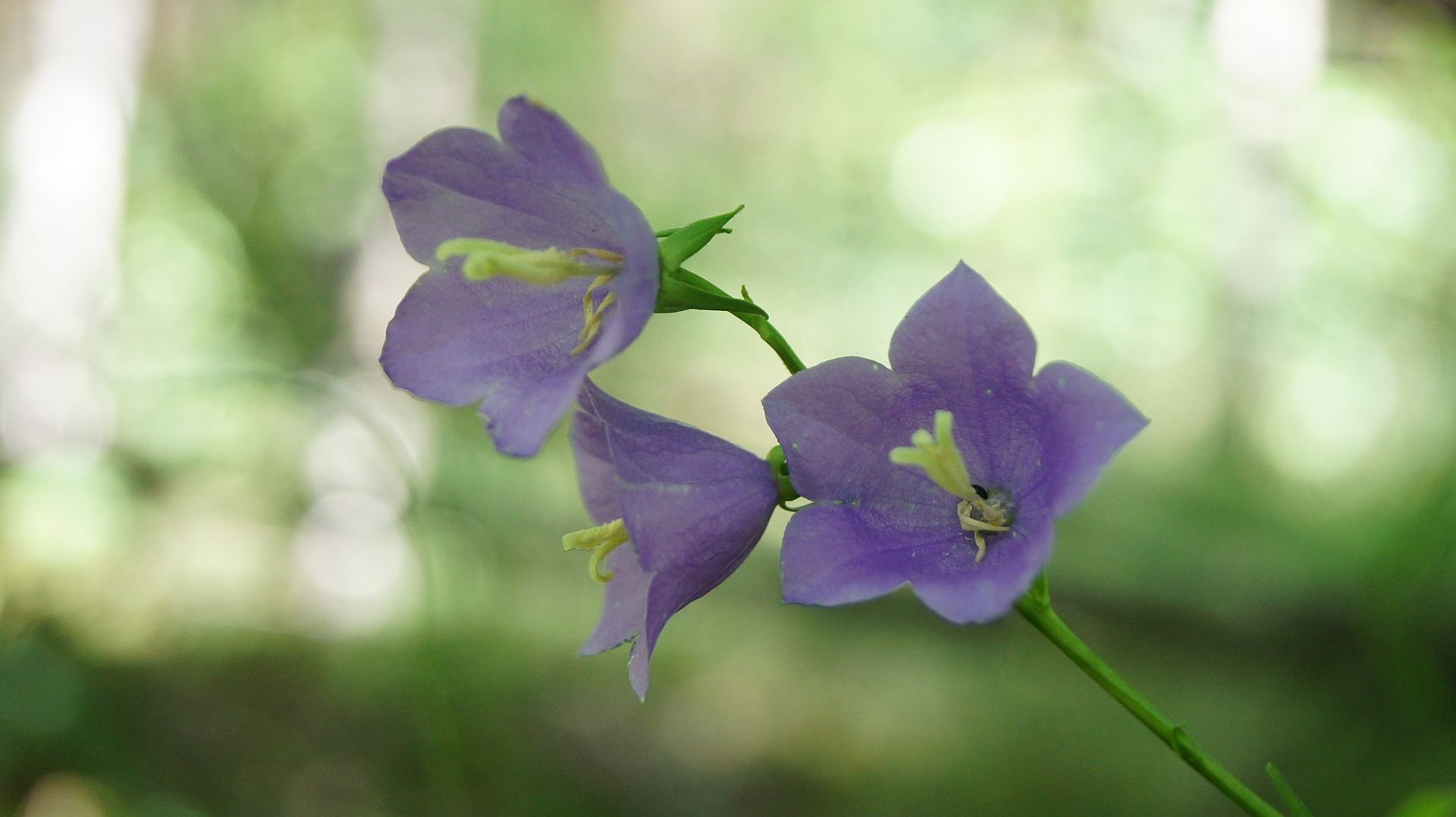
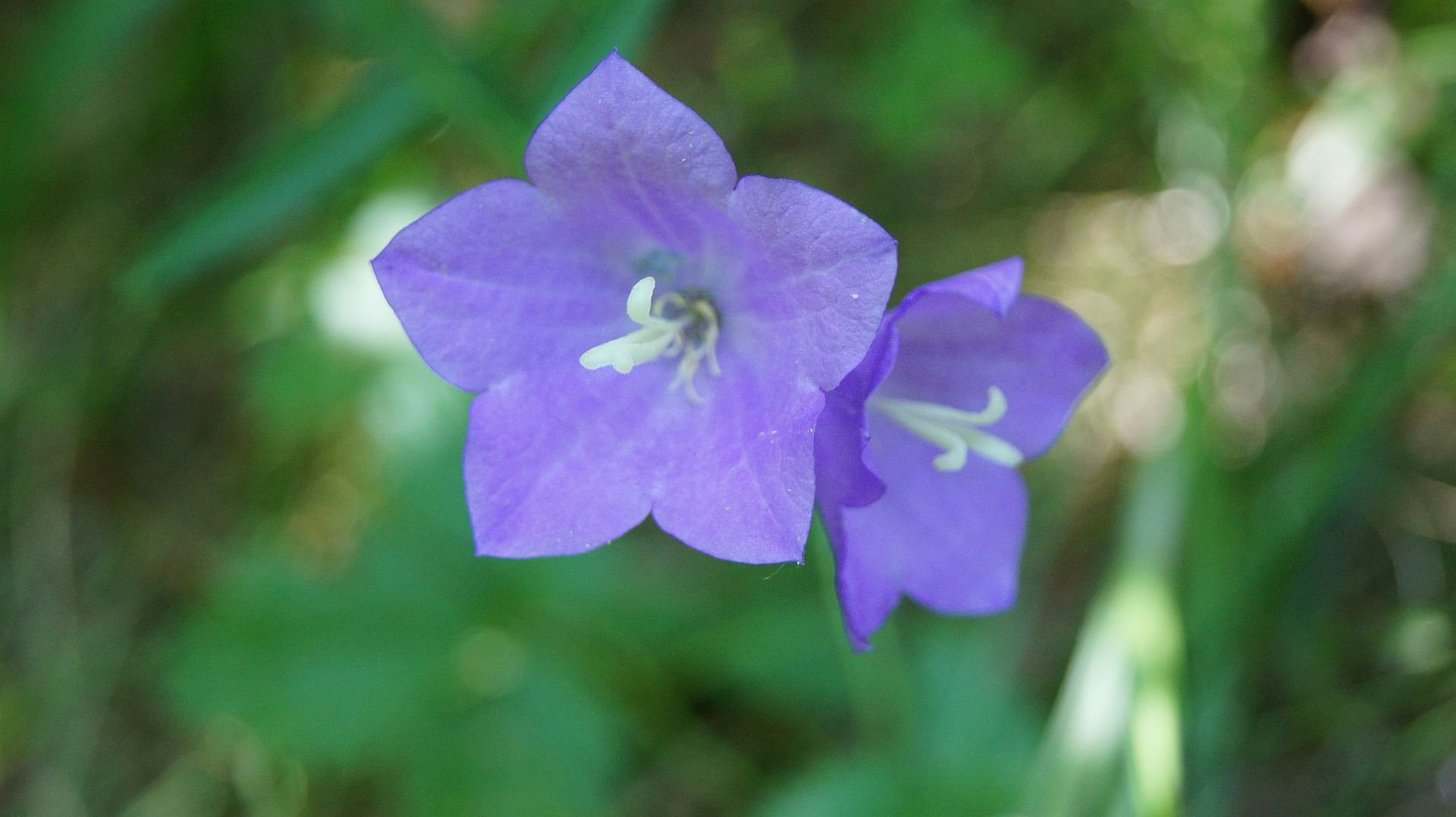
Campanula rotundifolia species are not demanding if it's about conditions to grow. Popular in nutrient-poor forests and grasslands, they don't need much to add to aestetics of the habitats and for Nature to express it's beauty as blue wonders.
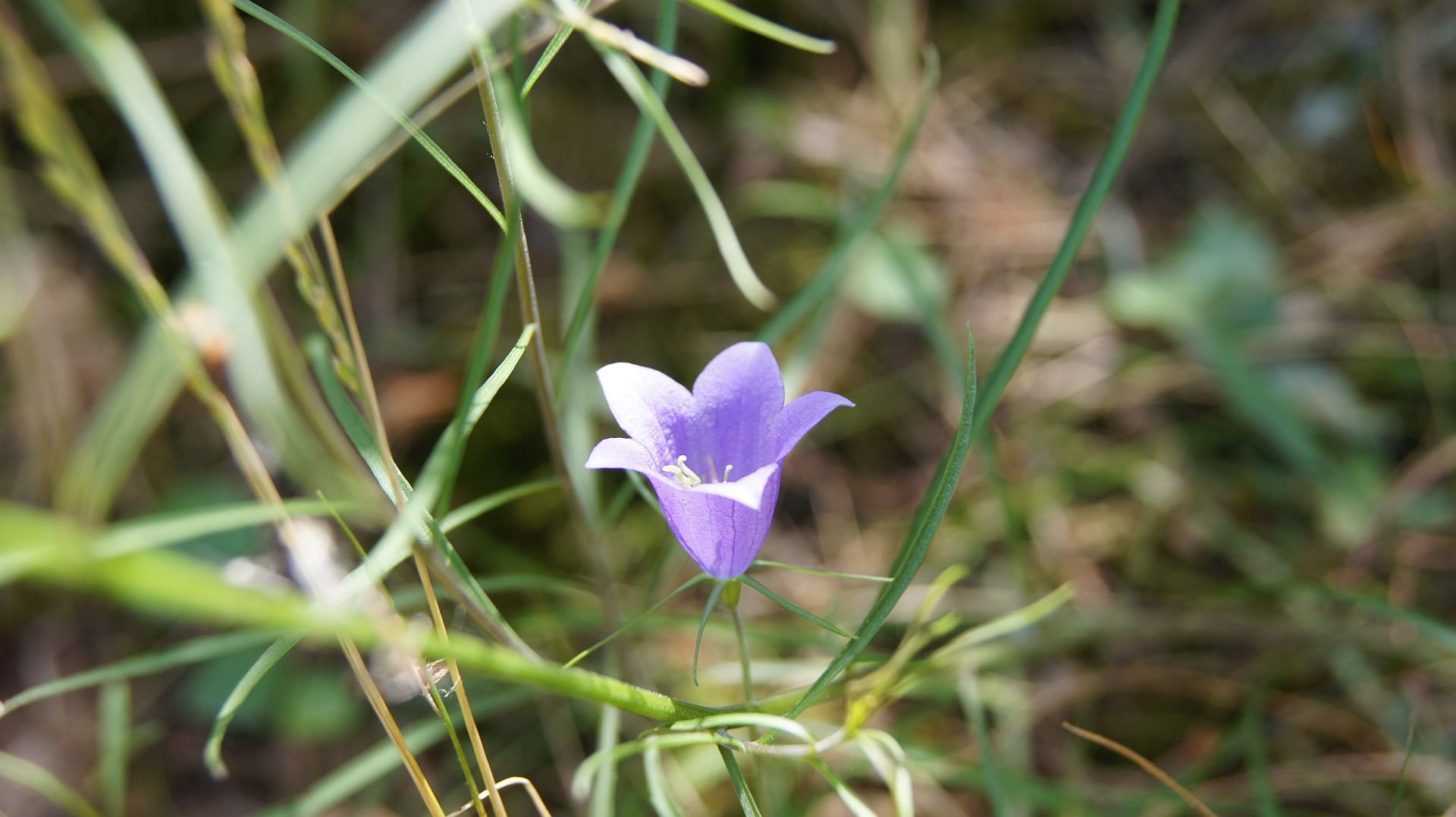
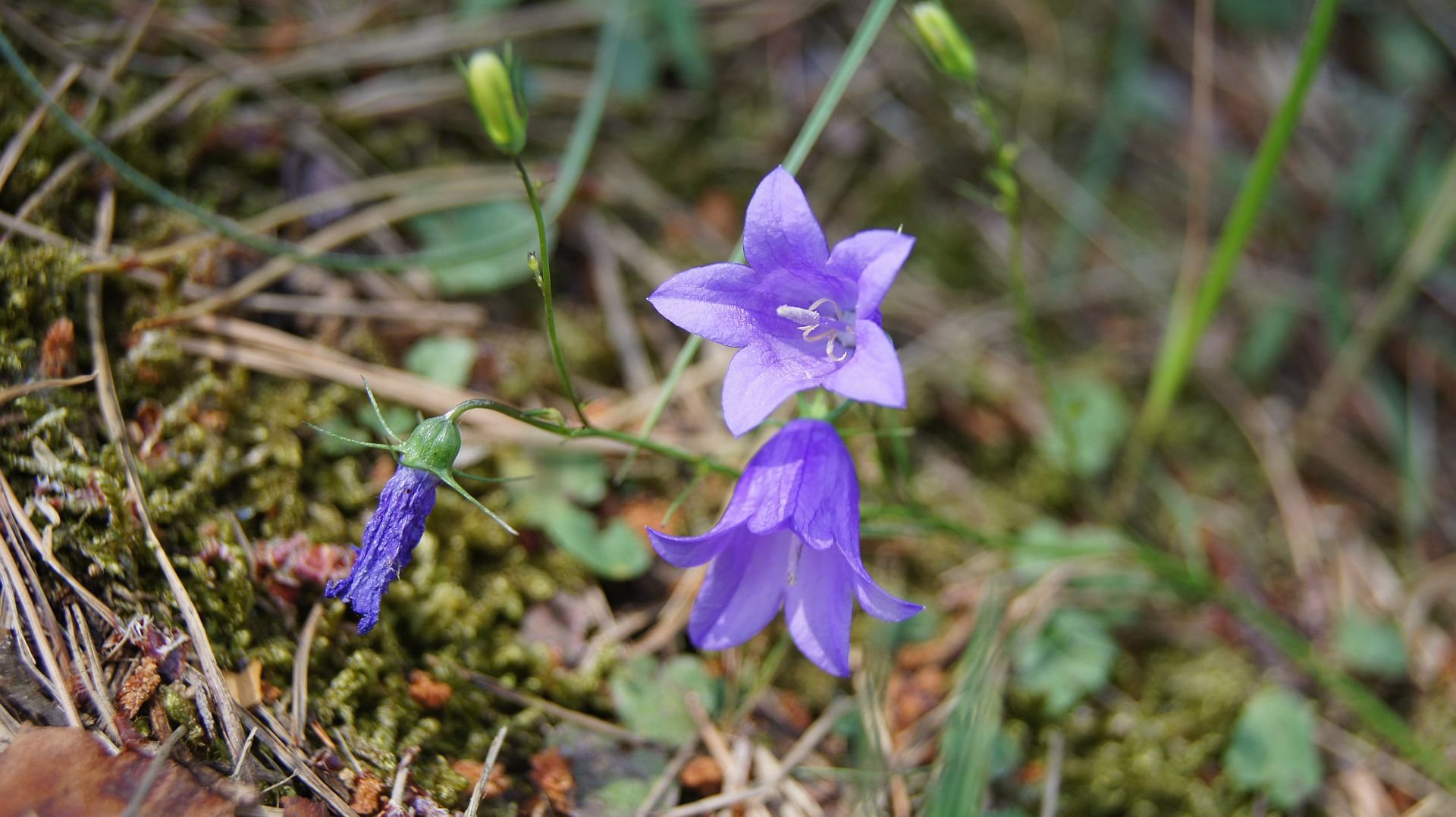
As for uses, culinary or medicinal uses are not known and harebells are mainly grown as a flowering ornamental plants, at least for humans. As for other species, i can bet that this butterfly ( Pieris brassicae) may have another opinion :)
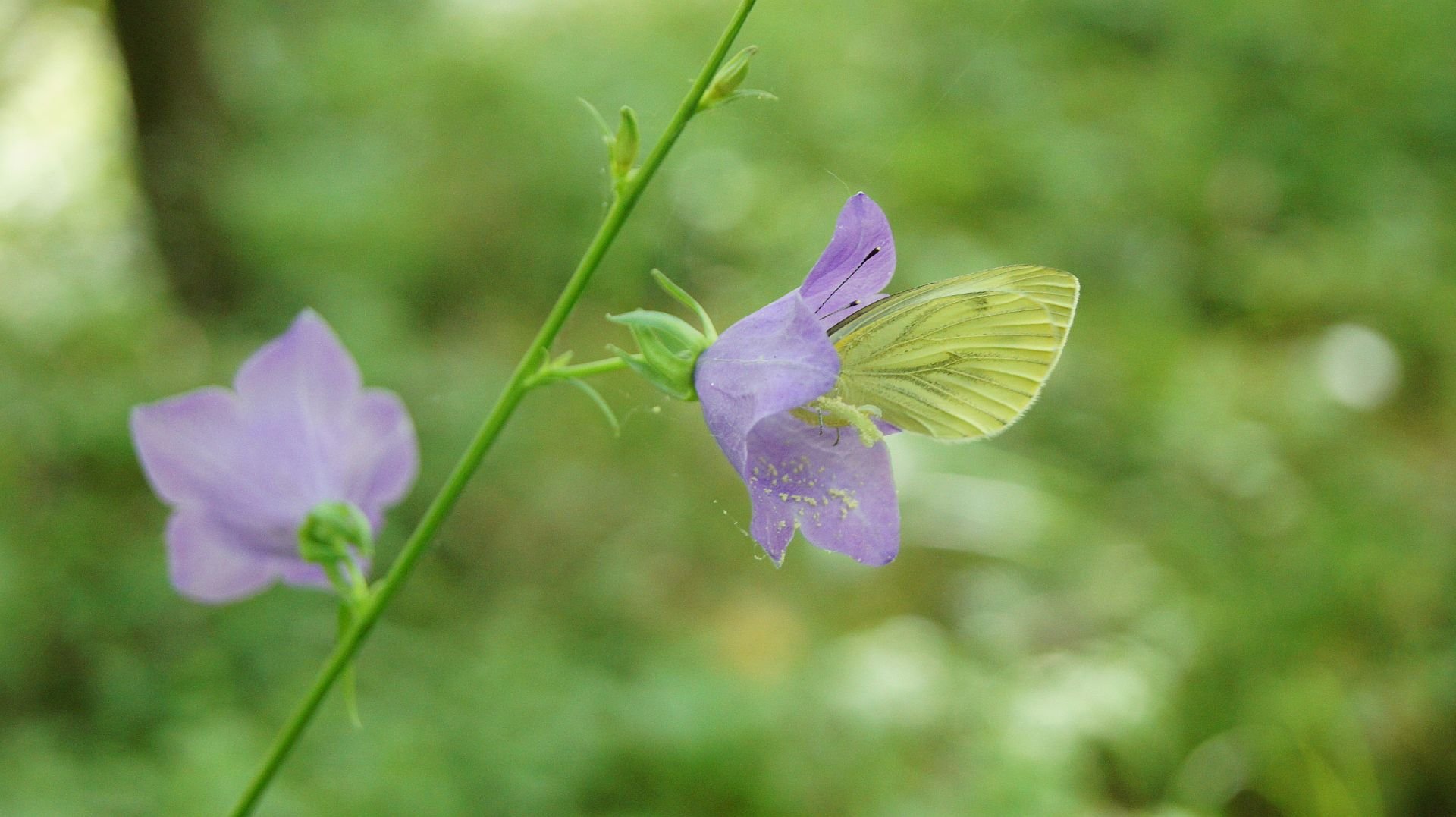
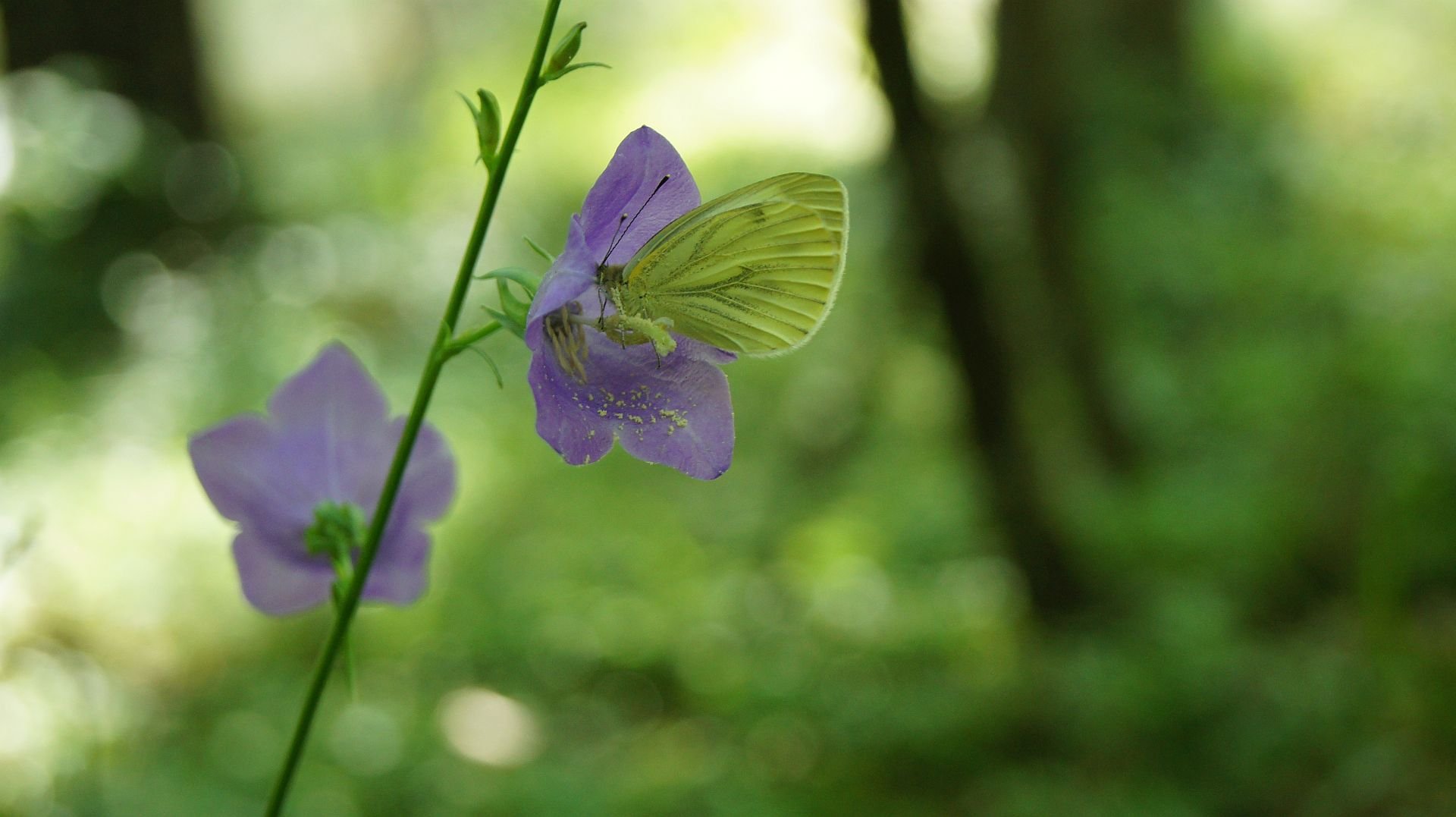
And lastly, harebells inspired many of the writers and poets of the past, as the beauty of this flower cannot easily be passed unappreciated. Let this poem of John Clare, a 19th century english writer be a summary on the subject:
By the hare-bell's hazure sky,
( Like the hue of thy bright eye; )
That grows in woods, and groves so fair,
Where love i'd meet thee there.
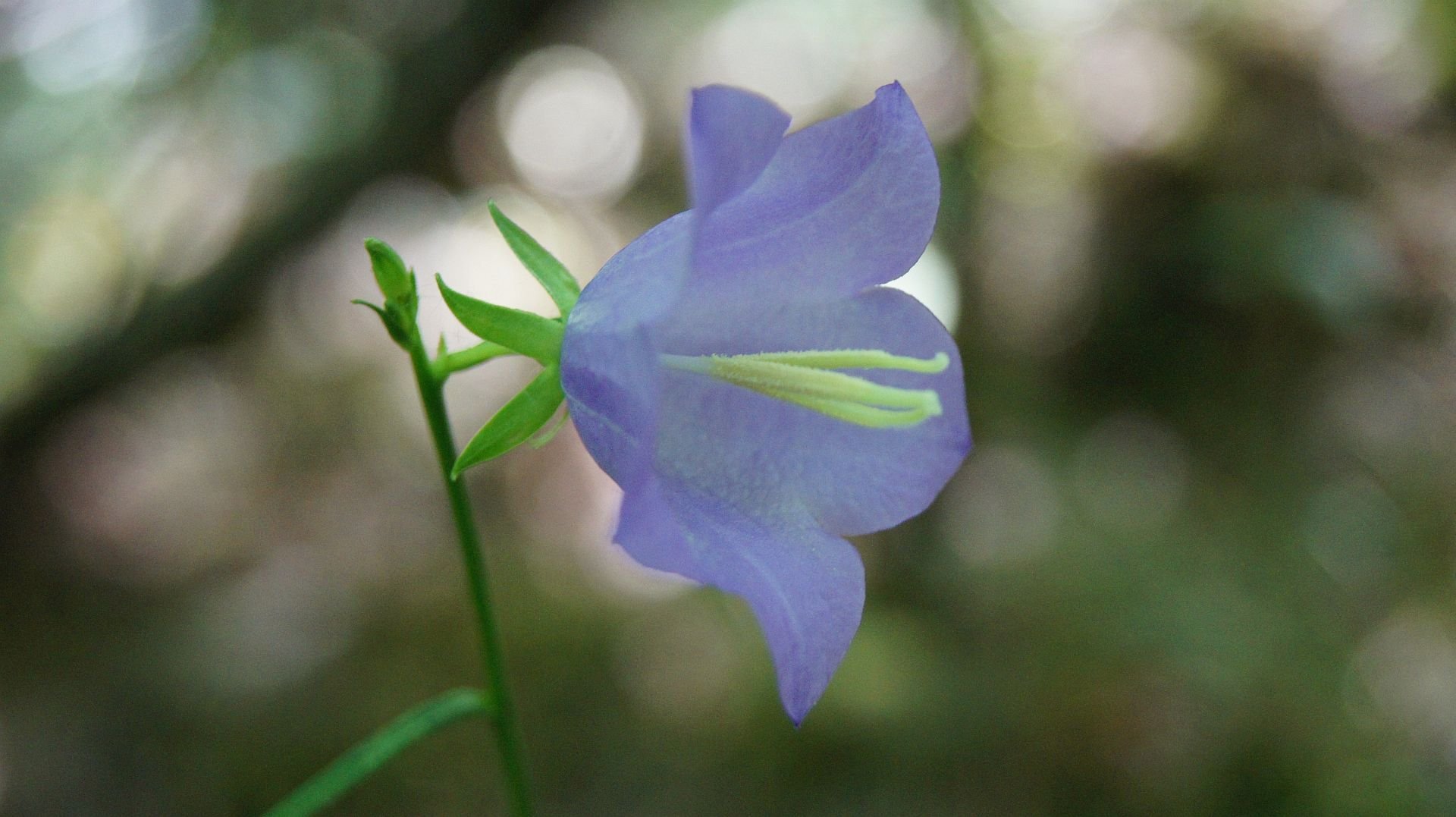
Photos were taken today in Puszcza Bydgoska forest in Poland with Sony SLT A-33.
More on harebell:
https://en.wikipedia.org/wiki/Campanula_rotundifolia
WorldWildFlora contest:
@worldwildflora/world-wild-flora-contest-week-no-1-the-winner
Till the next time :)
